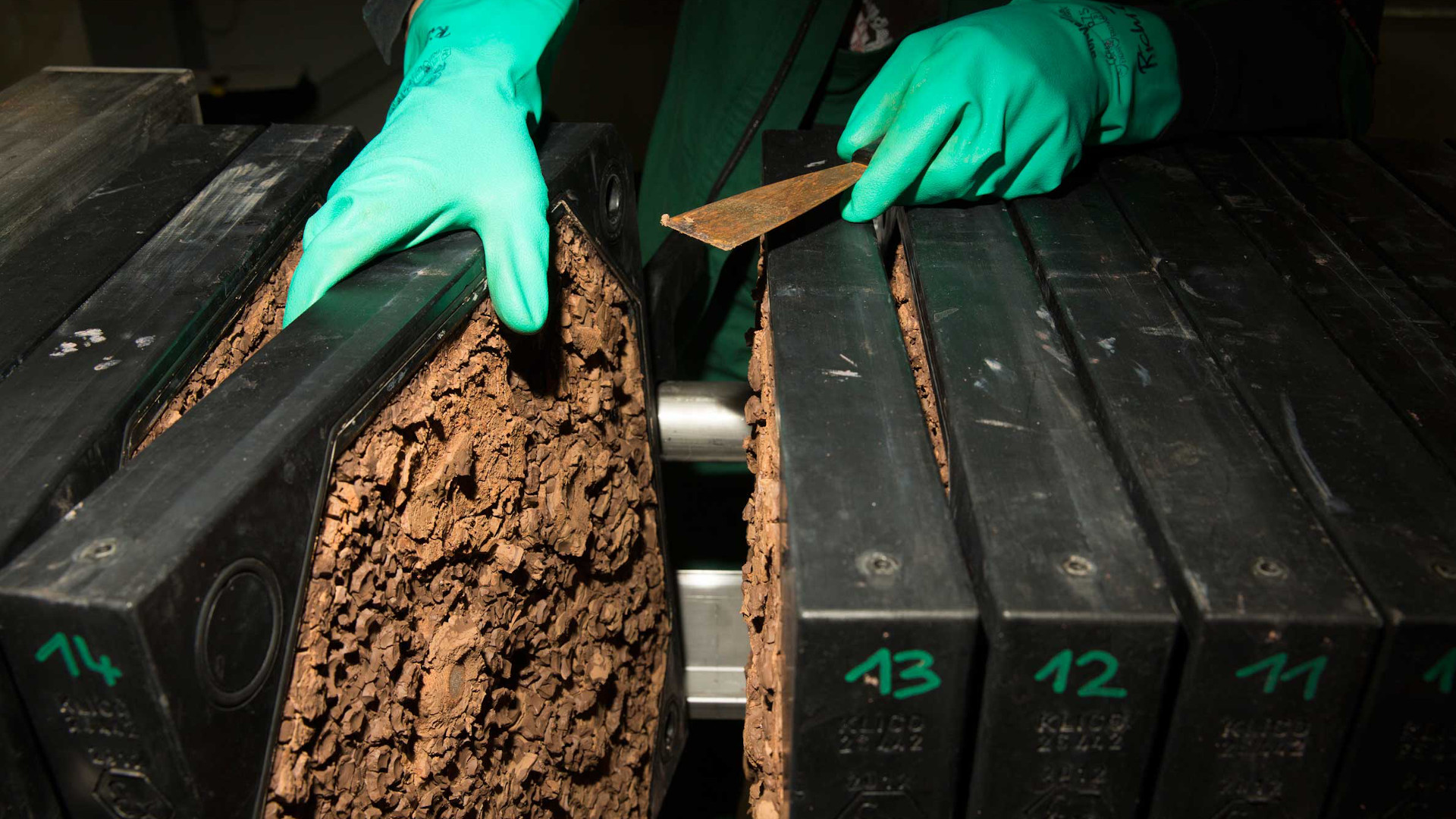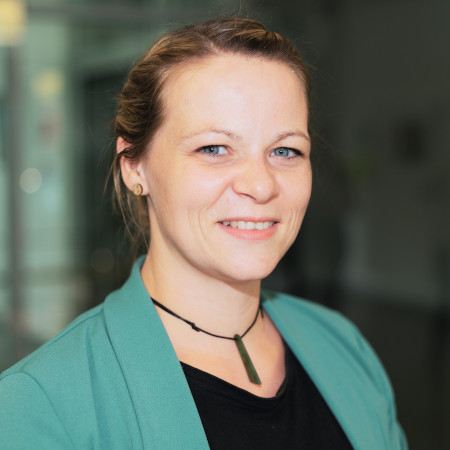New bioeconomy alliance for bio-based healthcare products
At the BioEconomy Centre Anklam, an alliance of research and business has been established under the name IG Helix, which aims to increase the focus on the use of plant-based raw materials from the region – especially for health products.
Hemp, reeds, algae and Rügen healing clay are among the biogenic resources that are intended to pave the way for a sustainable and bio-based economy in Mecklenburg-Vorpommern (MV). The BioEconomy Centre (BÖZ) Anklam is committed to making optimum use of these local raw materials and reusing them as many times as possible. Under the leadership of Beatrice Großjohann, the team brings together partners from research and industry in order to make the region's potential visible and utilise it for new products for the bioeconomy. With the founding of the HELIX interest group (IG) on 6 March at the BÖZ, an alliance was forged that is unique in Europe: the HELIX interest group Bioeconomy for Health & One Health.
Unique combination of bioeconomy and health approach
‘IG HELIX is one of the bioeconomy pioneers, as there is no other association of its kind that combines the bioeconomy with the health approach and the One Health concept,’ emphasises Christian Patermann, honorary member of IG Helix and former member of the first Bioeconomy Council in Germany. The founding of the interest group is based on a suggestion by the bioeconomy expert to ‘emphasise the health aspects of the bio-based economy and additional value creation through health products even more strongly in this region in the future’.
Health products made from local, biogenic raw materials
One of IG Helix's aims is to support research and development as well as translation and networking in projects relating to the sustainable and circular bioeconomy for health & One Health in the region. In this way, the alliance aims to contribute to the sustainable use of biogenic raw materials for health, for the interplay of human, animal and environmental health (One Health approach) and applied technology processes. ‘The HELIX interest group sees the necessary structural change in Mecklenburg-Vorpommern as an opportunity to set decisive accents in the establishment of the bioeconomy for health and would like to actively support this process,’ it says on the interest group's website.
Former sugar factory becomes a member of IG Helix
In addition to hemp and Rügen healing chalk, residual materials from sugar beet processing are also available for the development and establishment of new bio-based health products from the region. With the former Anklam sugar factory, now Cosun Beet Company GmbH & Co. KG, IG HELIX gained a new member at the end of May. The company is regarded as a pioneer in the field of sugar beet biorefineries and has been producing bioethanol as a technical product from sugar beet pulp since 2008.
According to IG Helix, pharmaceutical bioethanol with higher added value is now also to be produced in Western Pomerania in the future using innovative membrane processes. ‘Not least the pandemic has shown us how important the establishment of regional bioeconomic material cycles is for supply chain resilience,’ says Beatrice Großjohann.
bb


